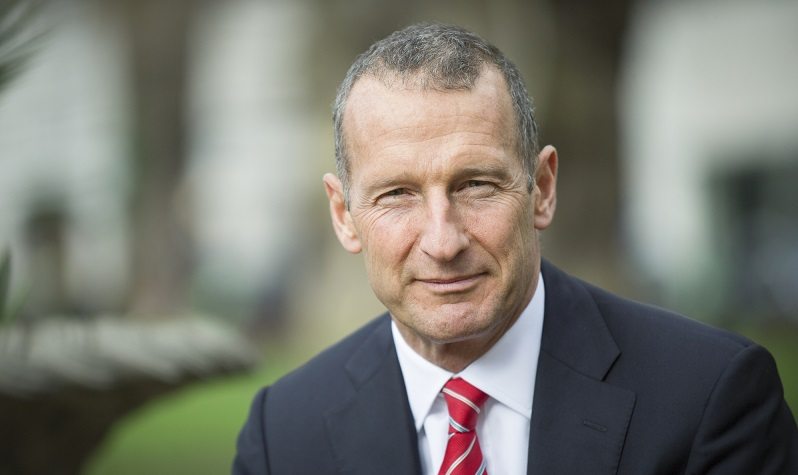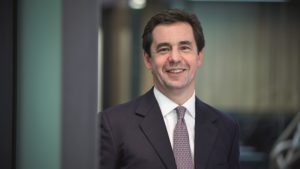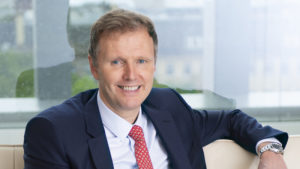In 2013, Neuberger Berman was looking to expand its global emerging market debt (EMD) offering. Rather than hiring one or two handpicked individuals to build a proposition from the ground up, it plucked an entire team from a rival asset manager.
It was ING Investment Management’s line-up led by Rob Drijkoningen that caught its eye as being the best suited for this drag-and-drop approach.
Drijkoningen says he and the ING team were not on the lookout for a new home at the time but that Neuberger Berman’s case for joining forces was strong and it soon became clear it would be “a perfect marriage”.
“There wasn’t enough time to hire in a couple of individuals and start growing organically,” Drijkoningen explains. “Neuberger had to review a lot of potential teams and we came out top.”
Twenty-two individuals came on board in May 2013, 19 of whom joined from ING, and they hit the ground running as their new employers had intended. The team adopted the same tools, same process and occupied the same roles as they had previously.
At the time, they oversaw $200m of assets. Now, alongside Gorky Urquieta who was also his co-head at ING, Drijkoningen oversees $18.6bn (£12bn) of assets and a global EMD team of 33 investment professionals across the company’s global offices. The firm runs eight Ucits EMD strategies and Drijkoningen is based in The Hague.
Side-stepping
Drijkoningen spent 18 years at ING, where he was responsible for $16bn of assets. He began his career on the sell-side, starting out in 1990 at Nomura and then moving to Goldman Sachs. He made the switch to buy-side with ING in 1995, working his way up the ladder to become the global head of EMD.
Coming from the sell-side gives Drijkoningen an “edge”, he believes. “Being on the buy-side gives you more ownership of what you do. On the sales side you’re always moving to the next trade. It was an interesting experience and gave me valuable insight.”
After such a long time at ING, Neuberger Berman’s offer must have been compelling.
“They have a very solid business model and it’s free of any politics,” he says of his employer. “There is an entrepreneurial spirit that is part of the culture and which permeates the organisation in terms of empowering people to do what they’re good at and leaving them to it.”
Mix and match
Along with Urquieta, Drijkoningen is directly responsible for the $2.3bn EMD Blend Strategy, which is a mixture of local and hard currency. The strategy, launched in April 2014, is where the best ideas across the firm’s local and corporate debt funds, plus tactical asset allocation ideas, come together.
The portfolio’s benchmark allocation is split roughly 50/50 local and hard currency, with Drijkoningen currently more bullish on the former.
As at 28 February, the strategy had just 35.68% allocated to the US dollar, with the rest split between the Brazilian real, Indonesian rupiah, Mexican peso, Polish zloty, Russian ruble, Thai baht, South African rand, Czech koruna and Turkish lira.
However, Drijkoningen says the recent increase in hard currency bond yields has meant the advantage of local currency over hard is less pronounced than it was.
“Treasury spreads widened a bit in the recent volatility spike and local currency was a bit more protected, which is atypical in a sell-off correction,” he says.
Across all the EMD strategies, the team operates a top-down assessment of global market conditions and a bottom-up approach to countries, issuer credit quality, rates and foreign exchange.
Broader, deeper, wider
Drijkoningen says as part of the firm’s team approach, each member is expected to contribute ideas as the specialist in their region or sector. The portfolio managers then judge the quality of this input and the reasoning behind it, before deciding if an idea is worthy of the portfolio.
“We don’t have a prima donna approach where one person rules the game, ie that it’s got to be me or Gorky,” says Drijkoningen. “We truly rely on the people we have around the globe. We expect them to be the experts on their countries, sectors and corporates, and that input is then the prime feed for us taking a position or not.”
As a result, Drijkoningen says portfolios contain several ideas he believes are broader, deeper and wider than some of the smaller teams at Neuberger Berman’s competitors are able to tap into.
The firm is now moving outside of benchmarks to add value by increasing exposure to euro-denominated bonds that offer a premium. This is despite a general preference for hard currency, particularly those issued by Argentina, Peru, Indonesia and Colombia.
Article continues on the next page…







